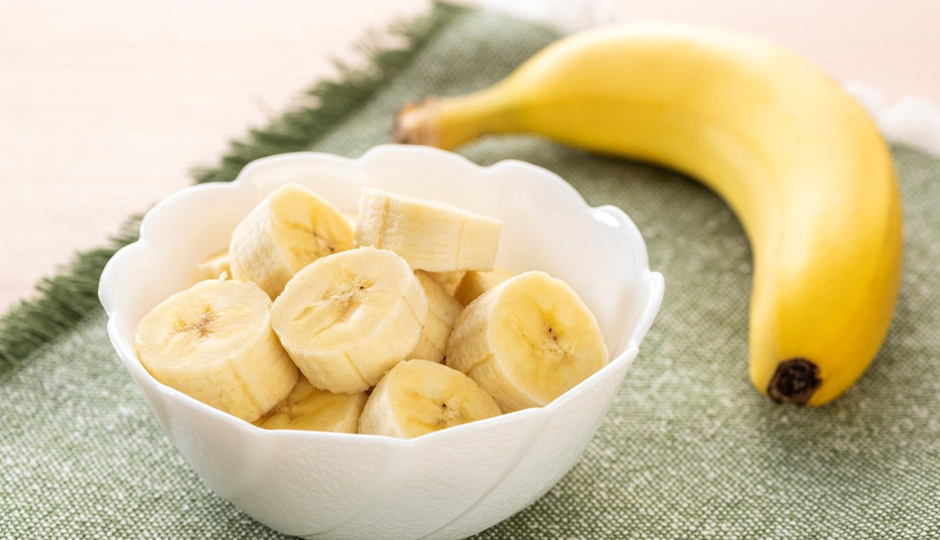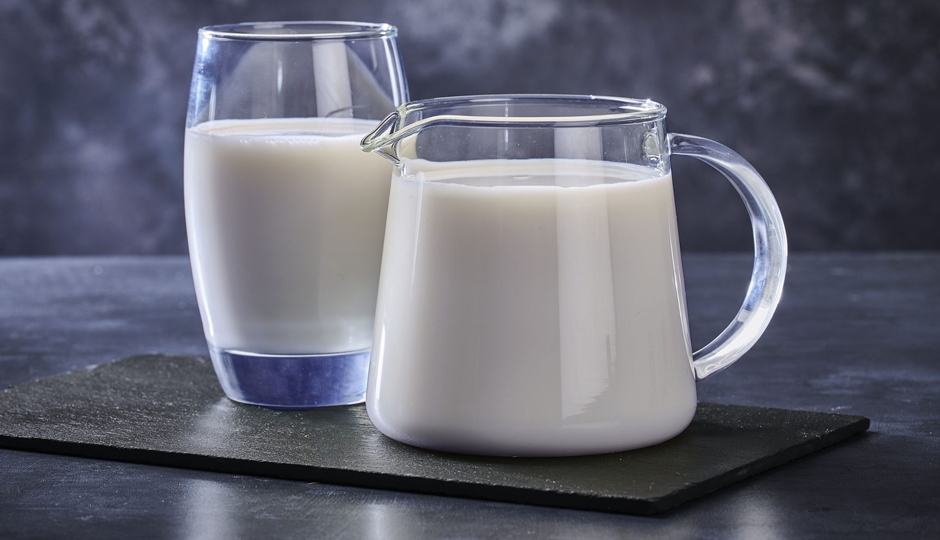- Home›
- Healthy Living›
- 5 Foods That May Help Protect Your Prostate
5 Foods That May Help Protect Your Prostate
By: Priyanka Maheshwari Sun, 04 Feb 2024 2:55:29
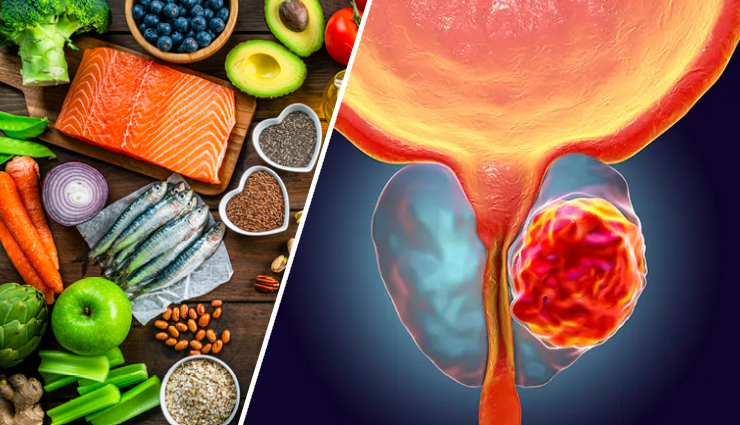
The prostate, a small gland situated just below the bladder and in front of the rectum in men, encircles the urethra—the tube responsible for carrying urine out of the body from the bladder. Playing a crucial role in reproduction, the prostate produces and secretes a fluid that contributes to semen during ejaculation. As men age, the prostate undergoes growth, and issues may arise, such as benign prostatic hyperplasia (BPH), characterized by the noncancerous enlargement of the prostate.
BPH is a common condition affecting aging men, with approximately 50% of those in their 60s and up to 90% in their 70s and 80s experiencing it. Symptoms include difficulty initiating urination, a weak urine stream, a sense of incomplete bladder emptying, frequent urination, nocturia, and urgency. While BPH can be managed through medications or surgery, it is essential to differentiate it from the more serious concern of prostate cancer.
Prostate cancer, the second most common cancer among men globally, has a high rate of remission when detected early. It tends to progress slowly and may be asymptomatic in its early stages. Regular check-ups with a urologist, especially for men over 40, are crucial for early detection. Symptoms, similar to those of BPH, may manifest as the cancer advances. Diagnosis involves a physical examination, PSA testing, and biopsy.
Treatment options for prostate cancer vary depending on factors such as cancer stage, patient age, overall health, and personal preferences. Surgical procedures, radiation therapy, and androgen deprivation therapy are among the available treatments. If left untreated, prostate cancer cells can potentially spread to other parts of the body, including the bones, lungs, and lymph nodes. Therefore, awareness of prostate health and proactive consultation with healthcare providers are crucial for maintaining overall well-being.
Foods protect prostate
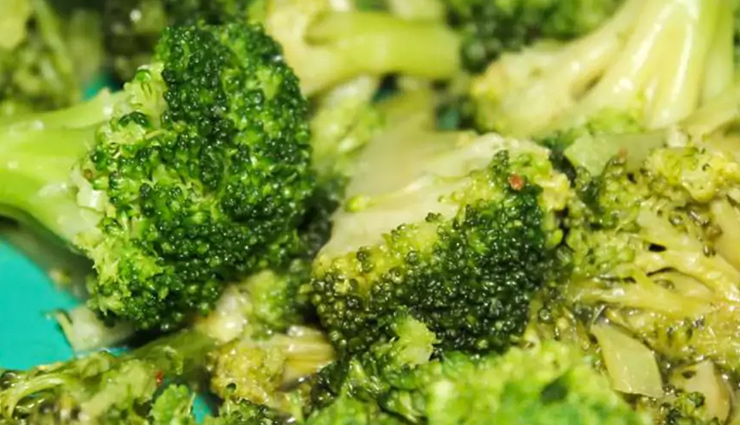
# Cruciferous Vegetables
Incorporating cruciferous vegetables into your diet offers numerous benefits for overall health. These vegetables contain specific substances that may provide protection against various types of cancer, including prostate cancer. Rich in antioxidants, minerals, vitamins, and phytochemicals, cruciferous vegetables like broccoli, brussels sprouts, collard greens, cabbage, turnips, kale, and cauliflower contribute to well-being, longevity, and may potentially slow the growth of cancer cells.
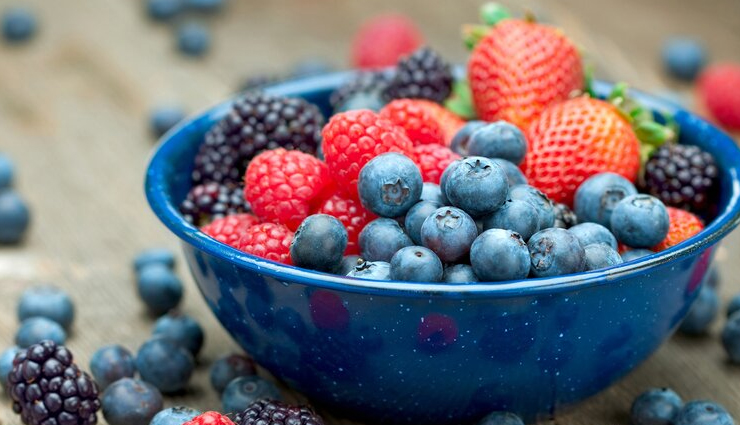
# Berries
Berries, especially blueberries, blackberries, and raspberries, are abundant in antioxidants that can play a role in safeguarding against prostate cancer. These fruits aid in the removal and neutralization of free radicals accumulated in the body over time. Whether consumed as a snack, added to salads, or blended into daily smoothies, incorporating berries into your diet is a delicious way to benefit from their health-promoting properties.
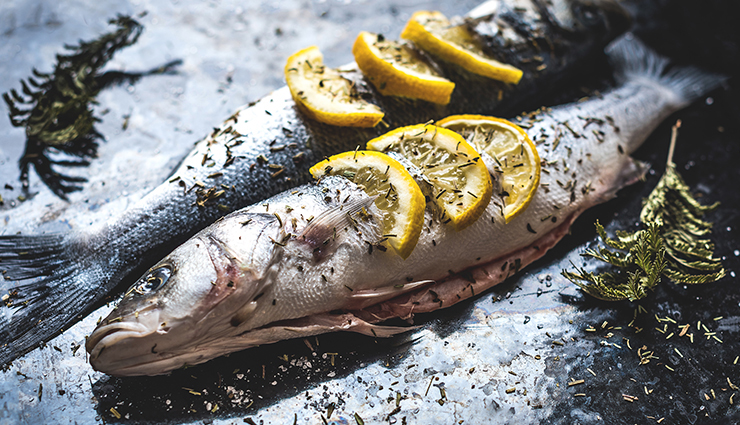
# Fish
Opting for cold-water fish like salmon, tuna, and sardines provides a source of omega-3 fatty acids, which may help decrease inflammation and reduce the risk of prostate cancer. Unlike the inflammatory response triggered by red meat fat, these fats contribute to overall prostate health. However, exercise caution regarding the type and quantity of fish consumed, as some varieties may contain high levels of mercury (such as tuna) or produce a stronger inflammatory response (like shrimp and lobster).
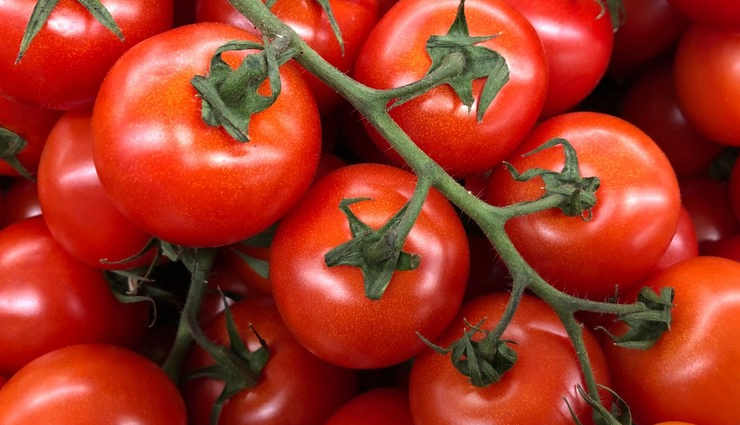
# Tomatoes
Surprisingly, tomatoes are a valuable food for maintaining prostate health. Lycopene, an antioxidant found in tomatoes, has been associated with a decreased risk of prostate cancer. To maximize the benefits, it is recommended to cook tomatoes, as this process helps release lycopene from the walls (skin) of the fruit, enhancing its accessibility.
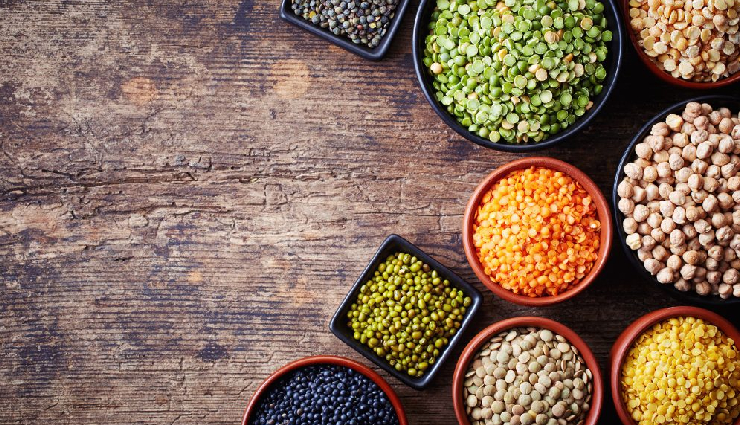
# Legumes
Including legumes such as lentils, kidney beans, and black beans in your diet can contribute to prostate health. High in fiber, zinc, and iron, legumes also contain phytoestrogens—plant compounds that, when consumed regularly, have been linked to a reduced risk of prostate cancer by up to 20%. Incorporate legumes into soups, salads, or enjoy them as a standalone side dish.
While these foods support prostate health, it's important to be mindful of those that may have a negative impact. Limiting the consumption of dairy, red meat, caffeine, sodium, and alcohol, while focusing on the recommended foods, can contribute to maintaining a healthy prostate.



